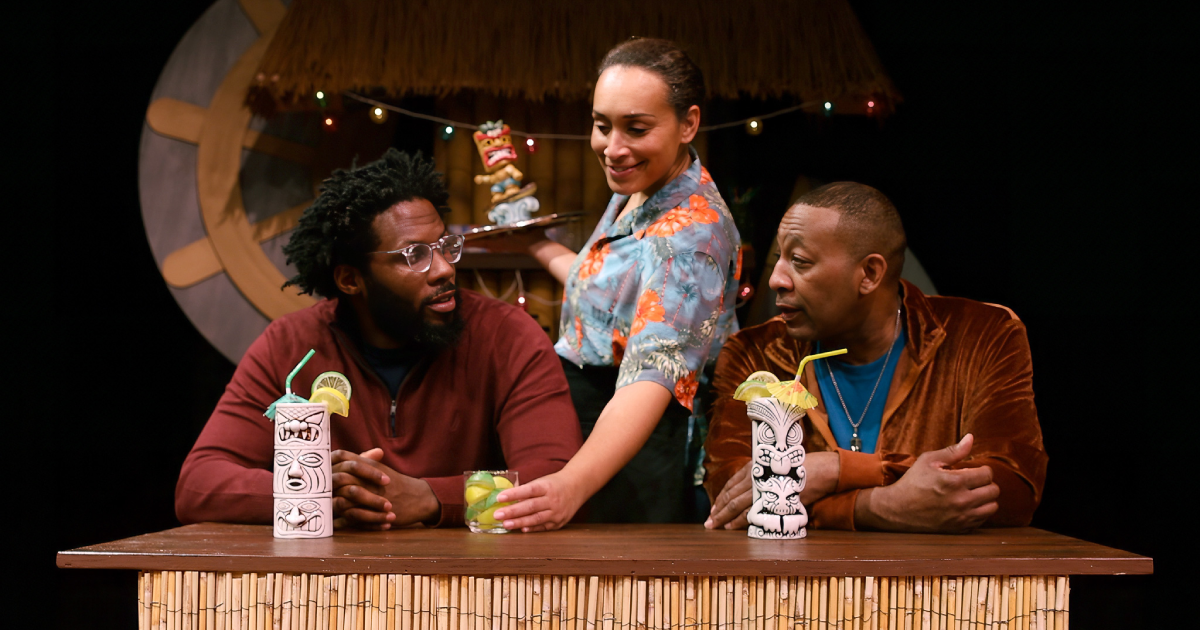
Review: 'Primary Trust' Changes Us in the Way Only Theatre Can

Laughter and Loss Onstage at Kalamazoo Civic Theatre

When you hear the word “embroidery,” you might not immediately think “artform,” but for Carrie Burch of Stitch Folks, embroidery is just as much a medium of art as painting or sculpture. An Ohio native, Burch is a graduate of Biola University in Los Angeles and a five-year resident of Grand Rapids. Her embroidery company, Stitch Folks, has been featured in Magnolia Journal and Better Homes and Gardens. The success of her online Etsy shop continues to grow month to month, bringing in dozens of new orders, each one as exciting as the last.
A complete preview of West Michigan classical music and jazz performances for the 2018-2019 season.
A complete preview of West Michigan's theater and dance performances in the 2018-2019 season.
A complete preview of West Michigan's visual art exhibits in the 2018-2019 season.
A group of talented actors and musicians took to the Dog Story Theater stage Monday night to perform the musical episode of the late ’90s cartoon “Daria,” which takes place on season three, episode one.
Musicals born of film adaptations abound — perhaps even more so than truly remarkable love stories. But there’s nothing like “Once,” the 2012 Broadway adaptation of a beautiful little independent Irish film that practically swept the Tony Awards.
Some jokes never get old. Others grew tiresome long ago. And yet there’s also schtick that’s relatively new and yet feels immediately old and tired.
The terrific 1994 Oscar-winning black comedy “Bullets Over Broadway” is a theater lovers’ film. It is for this reason — amid so many, many more reasons — it makes for such a great adaptation for the stage. Though the musical opened on Broadway in 2014 to mixed reviews, it’s a wondrous achievement at The Barn Theatre in Augusta.
To walk into The New Vic Theatre is to happen upon four dudes dressed as cowhands, sittin’ on bales of hay around an ersatz campfire making beautiful music. Somehow it feels as natural as can be, especially as welcoming as they are to the folks meandering to their seats.
When Beauty and the Beast hit Broadway in 1994 it was a spectacle the likes of which hadn’t ever before been seen onstage. The first of the Disney animated films sprung to life as a Broadway musical, it transformed the magic Disney formula of classic fairytale that tugs at the heartstrings and teaches a larger lesson with dynamic characters, beautiful songs, and just the right amount of humor — and amplifies it for the stage.
Typically in theater, when something goes wrong, it’s not the end of the world. Disaster! is one huge exception.
A classic love story driven by the power of music is sure to win the hearts of many in Saugatuck. Presented by Mason Street Warehouse, Once follows a Dublin street musician down on his luck who becomes inspired to keep going when a young woman is enchanted by his “haunting love songs.”
Heritage Theatre is taking a dark turn with Stephen Sondheim’s Assassins, diving into the minds of famous assassins across history.


